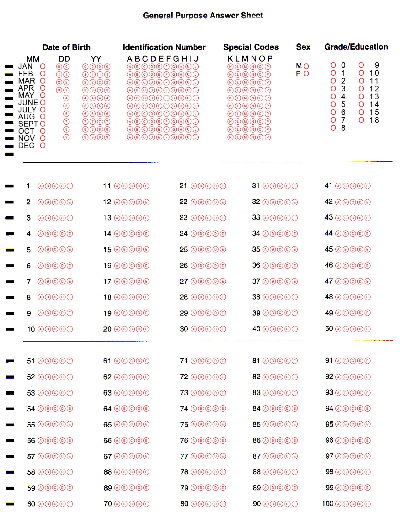
Intelligence tests given to elderly people used to be a viable method for predicting who will succumb to dementia. People in their 70’s who were at risk for developing dementia could traditionally be picked out from their test responses. However, that seems to have changed over the past century.
A team of Swedish doctors compared a group of people who turned 70 years old around 1970 with a group that turned 70 around 2000. Each group was given intelligence tests at the time they turned 70, and then followed for five years for rates of dementia and/or death. Among the ones who were born around 1900, the intelligence tests predicted future dementia. This was not true for the cohort born in 1930, who tested equally well regardless of whether they went on to develop dementia.
To be clear, it wasn’t that people born after 1930 weren’t developing dementia. They were, at exactly the same rate as those born earlier. It’s just that the standard intelligence tests could not be used to tell which ones those would be.
There are a few theories as to why the intelligence tests are no longer predictive of dementia. For one thing, there have been significant improvements in health care, particularly in ailments like vascular disease that afflict the middle-aged and elderly. Nutritional standards have also improved. These physical factors could play a strong role in affecting cognitive ability. Also, thanks to the ubiquity of electronic media, seniors today can spend far more of their time learning and interacting with others. Taken together, these improvements in cognitive ability might be enough to mask the early signs of dementia.
No comments:
Post a Comment